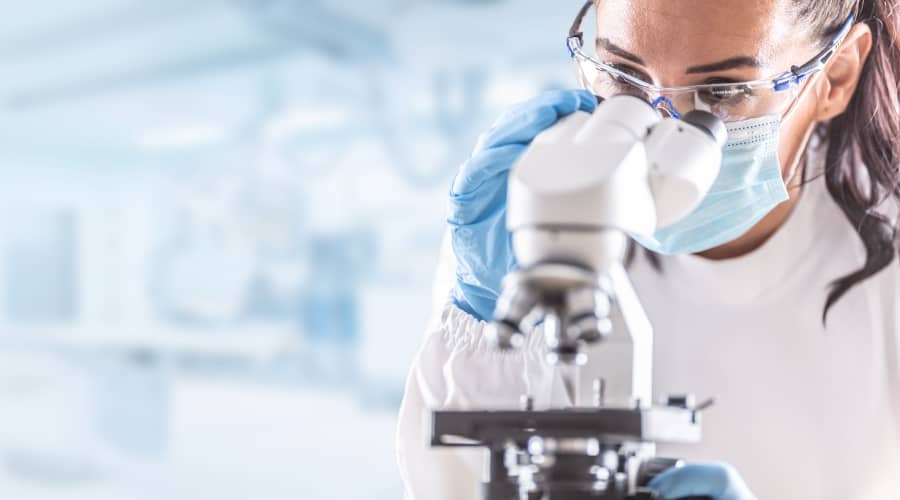
Surgical training requires technical precision, but it goes beyond that. There must be a balance of science and compassion to provide care. Surgeons must learn the mechanics of operating and also develop the emotional strength to care for patients in their most vulnerable moments.
Whole-body donations are the foundation of medical education, representing what many refer to as true science care: a commitment to advancing research, education, and healing.
Why Are Human Bodies So Important in Surgical Training
While technology has advanced, digital programs have limitations. One of these is the significant variations in human bodies, which simulations rarely capture. As the American Association for Anatomy explains, “There is also limited diversity in body types represented in today’s technology. Most programs use a white mesomorphic male as their prototype. However, as healthcare professionals know, typical patients do not always match this body type, nor do most body donors fit the prototype used in anatomy teaching software.”
This perspective underscores why practicing with cadavers remains vital to:
- Teach hands-on anatomy to medical students in their earliest stages of training.
- Help surgeons refine techniques and understand variations before working with live patients.
- Advance medical research, including the testing of new devices and procedures.
The Science Behind Surgical Training
Surgical skill is built on repetition and realism. To become competent, surgeons must perform procedures again and again in conditions that mimic the operating room as closely as possible.
While medical students and surgeons all benefit from working with human bodies, certain fields also rely heavily on this type of training, including:
- Orthopedics: Joint replacements, ligament reconstructions, and fracture repairs.
- Neurosurgery: Precise work on the brain and spinal cord.
- Minimally invasive surgery: laparoscopic and robotic procedures that demand refined hand-eye coordination.
Despite technological progress, nothing fully replaces the human body as a training tool. The National Institutes of Health (NIH) report that “the majority of joint replacements and more complex arthroscopic procedures cannot be adequately simulated by any other means at present.” And that’s just one application.
The emotional side of training is equally important. Confronting mortality in a cadaver lab helps students develop professional empathy and prepare for the realities of patient care. It is often said that the cadaver is a student’s first patient, shaping their mindset before they ever step into a hospital.
Whole Body Donation and Its Impact
Whole-body donation is more than an academic tool, however. It is an act of generosity that directly shapes the future of healthcare. When someone becomes a whole-body donor, their gift is treated with the highest level of dignity and respect.
The impact of a single donation is profound. A donated body might be used to teach medical students the basics of anatomy, help surgical residents master new procedures, or allow experienced physicians to refine cutting-edge techniques. Each layer of training ultimately helps improve safety, quality of care, and outcomes in the real world.
This is where the concept of science care becomes clear. Donors advance the science of medicine and also demonstrate care for people they will never meet. These patients just might be saved by a surgeon who trained on their gift.
Why Whole-Body Donation Matters for Families
Whole body donation also carries meaning for families. When you become a whole body donor, you reduce the financial burden for family members and the need to handle arrangements. United Tissue Network coordinates body donations throughout New England, managing the arrangements after death and providing free cremation after training or research is finished.
Families often take pride and comfort in knowing that the passing of a loved one contributed to something larger.
United Tissue Network, a 501(c)(3) nonprofit accredited by the American Association of Tissue Banks, ensures that all donor bodies and family members are treated with dignity and compassion throughout the process.
Ready to make a difference? Register online to become a whole-body donor and receive free cremation.
